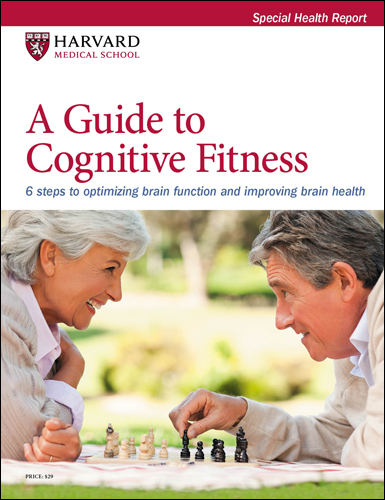High levels of proteins may explain how exercise boosts the brain
In the journals
Science has shown a strong link between exercise and healthy brains, although the exact mechanisms are not well understood. Scientists may now have a better explanation of this relationship.
In a recent study, researchers examined the brains of older adults after they died and found that those who'd stayed active late in life had higher amounts of synaptic proteins. These proteins improve the connections between the brain's nerve cells.
More than 400 healthy older adults took part in the study, all of whom consented to having their brains analyzed after death. Their average daily activity was calculated through tracking devices and interviews. After they died, tissue samples were taken from six brain regions.
People who were the most physically active — and stayed that way to the end — had the most synaptic proteins. While the researchers found high levels in the hippocampus, the brain's pilot seat for memory, the proteins also showed up in other areas associated with cognitive function.
The results support a previous study from the same researchers that showed synaptic proteins can disrupt the buildup of amyloid and tau—toxic proteins that are the hallmarks of Alzheimer's disease.
More research is coming, but these findings give credence to the adage that an active body builds an active mind, no matter your age. The findings were published Jan. 7, 2022, in Alzheimer's & Dementia: The Journal of the Alzheimer's Association.
Image: Nastasic/Getty Images
About the Author

Matthew Solan, Executive Editor, Harvard Men's Health Watch
Disclaimer:
As a service to our readers, Harvard Health Publishing provides access to our library of archived content. Please note the date of last review or update on all articles.
No content on this site, regardless of date, should ever be used as a substitute for direct medical advice from your doctor or other qualified clinician.














